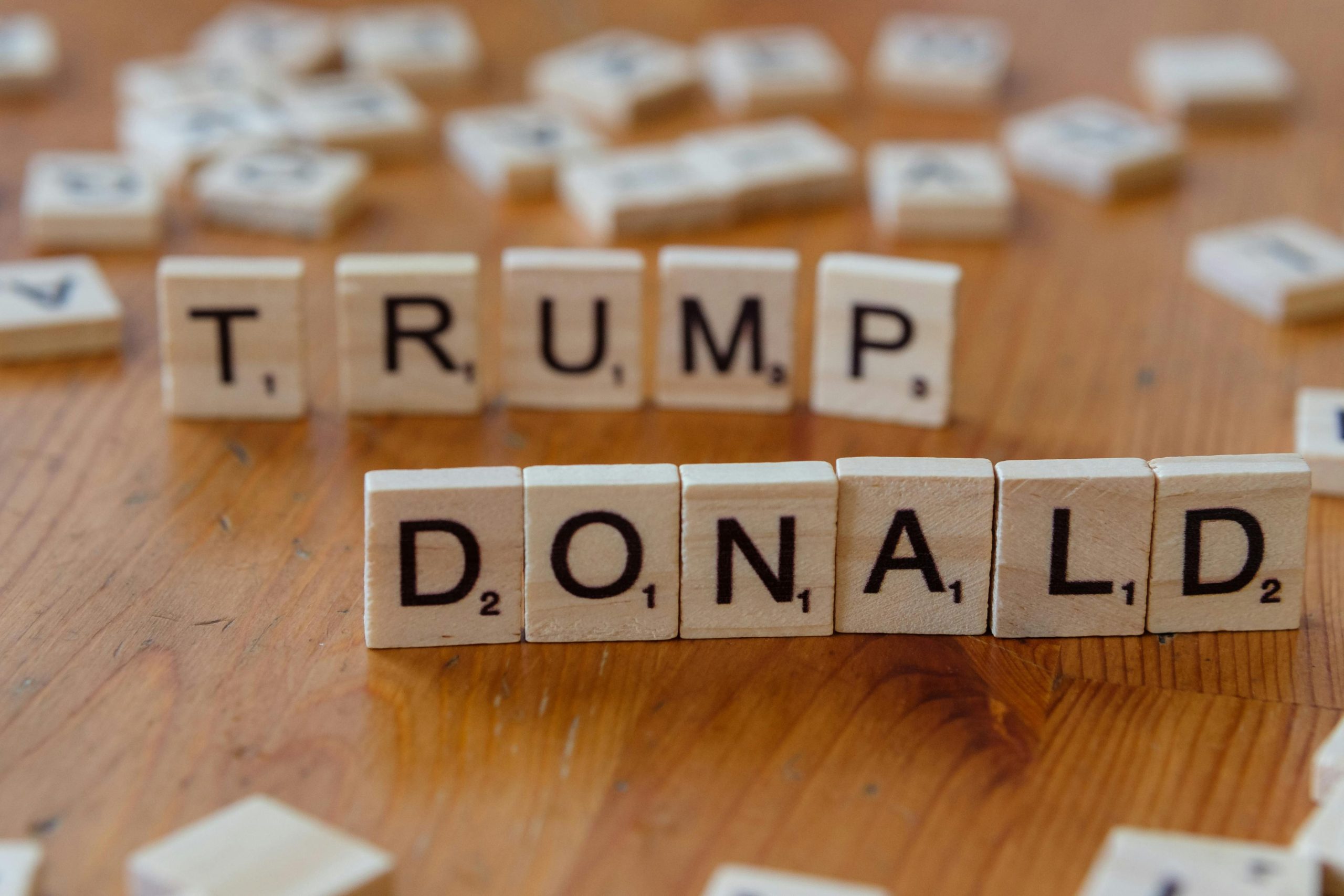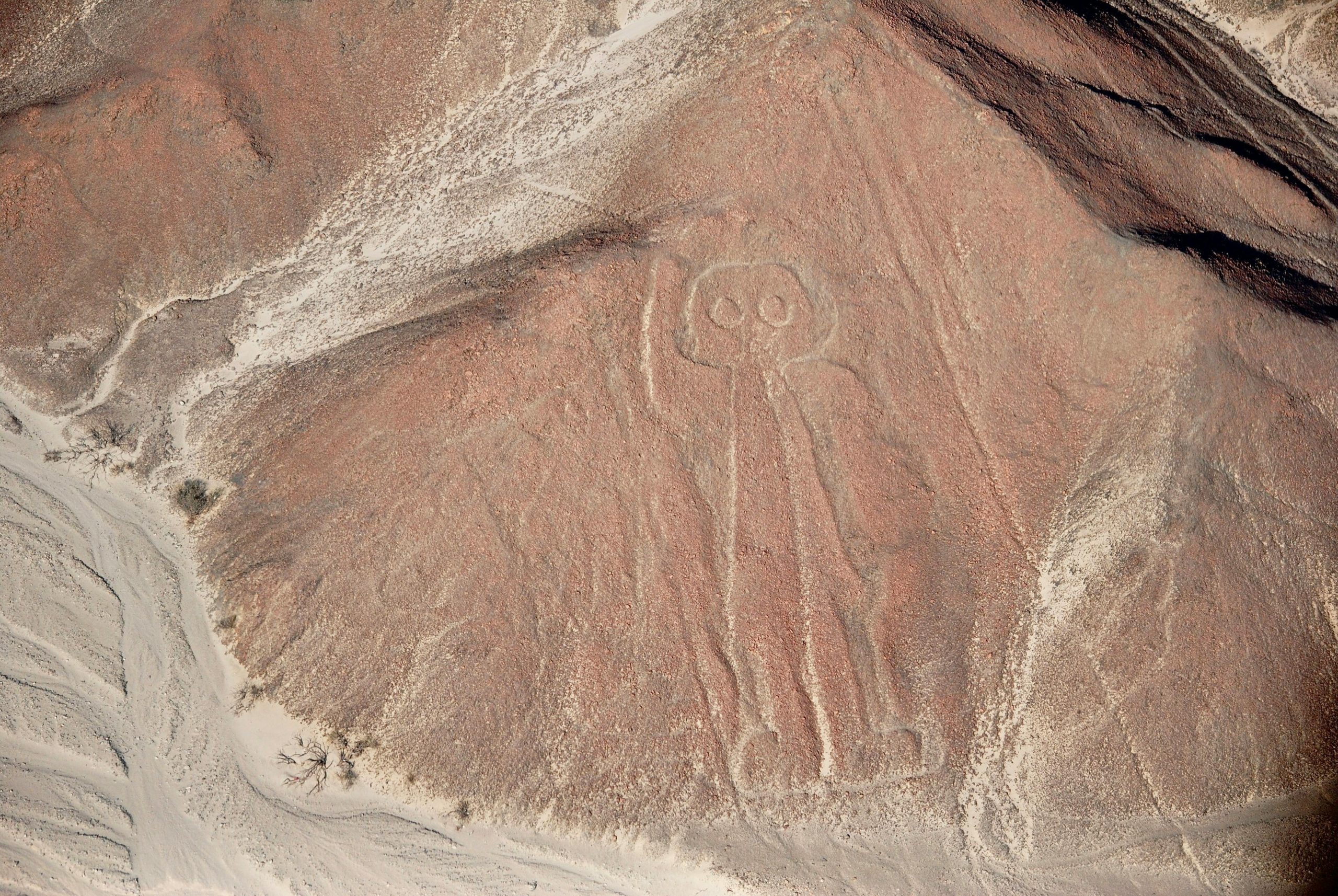The Complex Landscape of U.S.-Iran Relations: Reflections on Leadership and Diplomacy
In 2011, former President Donald Trump expressed a stark opinion regarding U.S.-Iran relations, stating, “Our President will start a war with Iran, because he has absolutely no ability to negotiate; he’s weak and he’s ineffective.” This provocative assertion encapsulates the longstanding tensions between the United States and Iran, a relationship fraught with historical complexities, geopolitical stakes, and differing ideologies.
The Historical Context
To truly grasp the significance of such statements, it’s essential to delve into the history that has shaped U.S.-Iran interactions. The 1979 Iran Hostage Crisis marked a turning point that defined the adversarial nature of bilateral relations for decades. Since then, the U.S. has imposed various sanctions and sought to contain Iran’s influence in the region, leading to an ongoing cycle of tension, misunderstandings, and reciprocal blame.
The Role of Leadership
Leadership plays a crucial role in shaping a nation’s foreign policy. Critics argue that effective negotiation requires a blend of strength, empathy, and strategic foresight—qualities that the current and past administrations have been scrutinized for lacking. In the case of Iran, the challenge resides not only in addressing immediate security concerns but also in understanding the underlying cultural and political dynamics that drive Iranian policy.
Historically, diplomatic efforts have oscillated between attempts at engagement, such as the Joint Comprehensive Plan of Action (JCPOA) negotiated during the Obama administration, and periods of heightened tension characterized by military posturing and rhetoric. The challenge for any leader lies in balancing these forces without tipping the scales toward conflict.
Economic and Strategic Implications
The potential for conflict with Iran extends beyond rhetoric; it carries significant economic and strategic implications. Military engagement could disrupt global markets, particularly in oil. Iran holds crucial leverage over oil shipping routes and has considerable influence in the Gulf region. Thus, the stakes are not just national but global, involving alliances and economies stretched across continents.
The Path Ahead
As we navigate a landscape of shifting power dynamics, it is crucial to move past simplistic narratives. The interplay of diplomacy, military strength, and economic sanctions must evolve based on an informed understanding of the region’s complexities. The ability to negotiate effectively often rests on establishing mutual respect and finding common ground, even with adversaries.
In conclusion, the statement made by Trump might have underscored his concerns regarding leadership efficacy, but it also highlights the intricate dance



